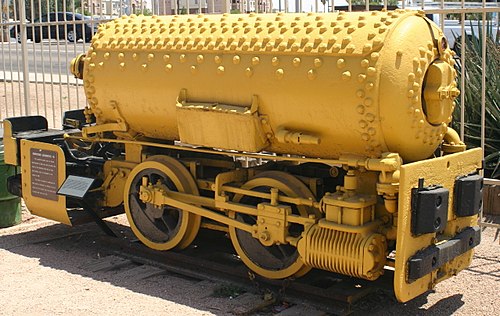Hydraulicsnoun
The engineering science that deals with practical applications where liquid is in motion and transmits energy.
Hydraulicsnoun
The hydraulic system of a vehicle or other machine.
Hydraulicsnoun
That branch of science, or of engineering, which treats of fluids in motion, especially of water, its action in rivers and canals, the works and machinery for conducting or raising it, its use as a prime mover, and the like.
Hydraulicsnoun
study of the mechanics of fluids
Hydraulics
Hydraulics (from Greek: Υδραυλική) is a technology and applied science using engineering, chemistry, and other sciences involving the mechanical properties and use of liquids. At a very basic level, hydraulics is the liquid counterpart of pneumatics, which concerns gases.
Pneumaticsnoun
The branch of mechanics that deals with the mechanical properties of gases
Pneumaticsnoun
The scientific study or knowledge of spiritual beings and their relations to God, angels, and human beings.
Pneumaticsnoun
That branch of science which treats of the mechanical properties of air and other elastic fluids, as of their weight, pressure, elasticity, etc. See Mechanics.
Pneumaticsnoun
The scientific study or knowledge of spiritual beings and their relations to God, angels, and men.
Pneumaticsnoun
the branch of mechanics that deals with the mechanical properties of gases
Pneumatics
Pneumatics (from Greek πνεῦμα pneuma ‘wind, breath’) is a branch of engineering that makes use of gas or pressurized air. Pneumatic systems used in industry are commonly powered by compressed air or compressed inert gases.








